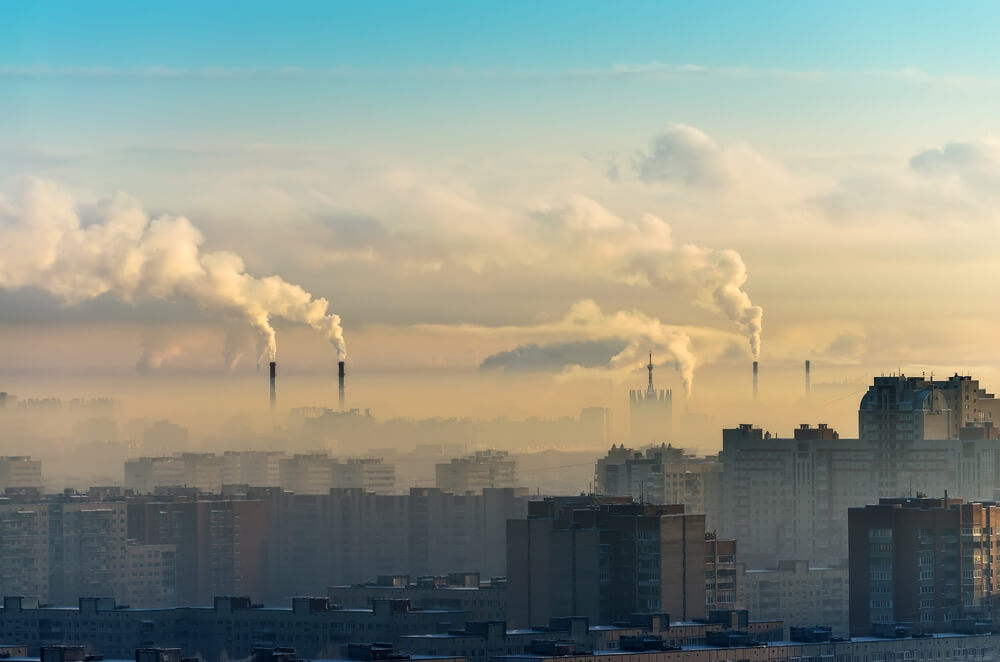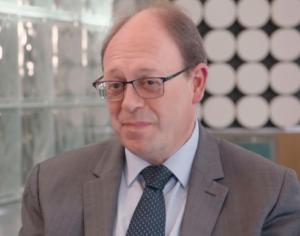

The European Commission announced the winner of the EU Horizon Prize on Materials for Clean Air, yesterday at the Innovative Industries for Smart Growth Conference in Vienna, Austria. A ceramic honeycomb air filter developed by a research team from Corning SAS, France, won the €3 million award, funded by the EU’s research and innovation programme.
Led by Dr Jean-Jacques Theron, materials director at the Corning European Technology Center, the team has developed a filter adapting to the company’s existing technology, that can remove up to 95% of fine particulate matter from the air and maintain it below the World Health Organisation air quality guidelines. Their invention can reduce the concentration of particulate matter in cities, both indoors and outdoors. For indoor treatment, the solution can be combined with existing air ventilation systems. Outdoors, a modular kiosk-sized system can be placed in highly polluted areas, or close to schools or hospitals.


According to the World Health Organization, air pollution currently poses the biggest environmental risk to human health. In its new report, Air Pollution and Child Health: Prescribing Clean Air, WHO have revealed that toxic polluted air is having a calamitous impact on billions of children around the world. Every day around 93% of the world’s children under the age of 15 years (1.8 billion children) are breathing air that is so polluted it puts their health and development at serious risk, leading to hundreds of thousands of deaths.
Carlos Moedas, Commissioner for Research, Science and Innovation said, “In many European cities, air pollution is a major concern for citizens because it affects their health and causes environmental problems. The innovative solution developed by Dr Theron and his team will contribute to decrease the concentration of particulate matter particularly in highly contaminated urban areas.”
To tackle the problem, Theron’s team decided to adapt a filter designed to capture vehicle emissions so that it could clean the air of particulates. In line with the prize criteria, they had to ensure that it was sustainable, compatible with the environment and affordable.
“We adapted and developed the filter concept which was initially invented at Corning for mobile emissions. The main challenge here, and one of the reasons why we could not just stick it outside, is the large diversity of particles for outdoor applications – dust, fly ash, smoke, aerosols, fumes, mist and condensing vapours – versus the ones from mobile emissions – soot particles from internal combustion engine emissions,” said Theron.
The combination of material and design leads to a highly effective filtration system. The design of the final system is still being finalised, but a full-size unit could be around 10 metres tall and deliver 3.6 million cubic metres of purified air every day. The researchers will use some of their prize money to work out how many units would be needed to ensure clean air in a given area, and the stations will be designed to adapt to various pollution levels so the strength of the filtration process can be adjusted.
The technology is still in the prototype phase, but the money from the Horizon Prize will go towards getting it onto the market, hopefully in time for the 2024 Olympic Games in Paris. Theron envisages that the filters will be officially launched at the Olympics, and the stations could be placed in the Olympic Village, with the goal of providing the athletes with a source of high-quality purified air.
In a significant move toward advancing green energy and industrial growth in the state, Himachal…
Golabl chemical conglomerate BASF has announced that its now offering the world’s first biomass-balanced polyethersulfone…
In a crucial stint to bolster the biogas sector and sustainable dairying in the country,…
TotalEnergies SE has received approval to proceed with its Middlebrook solar and battery project in…
Andhra Pradesh Chief Minister Chandrababu Naidu has inaugurated the Rs 1,000-crore green hydrogen plant of…
The BITS Pilani has developed an innovative solution for managing landfill leachate, domestic septage, and…